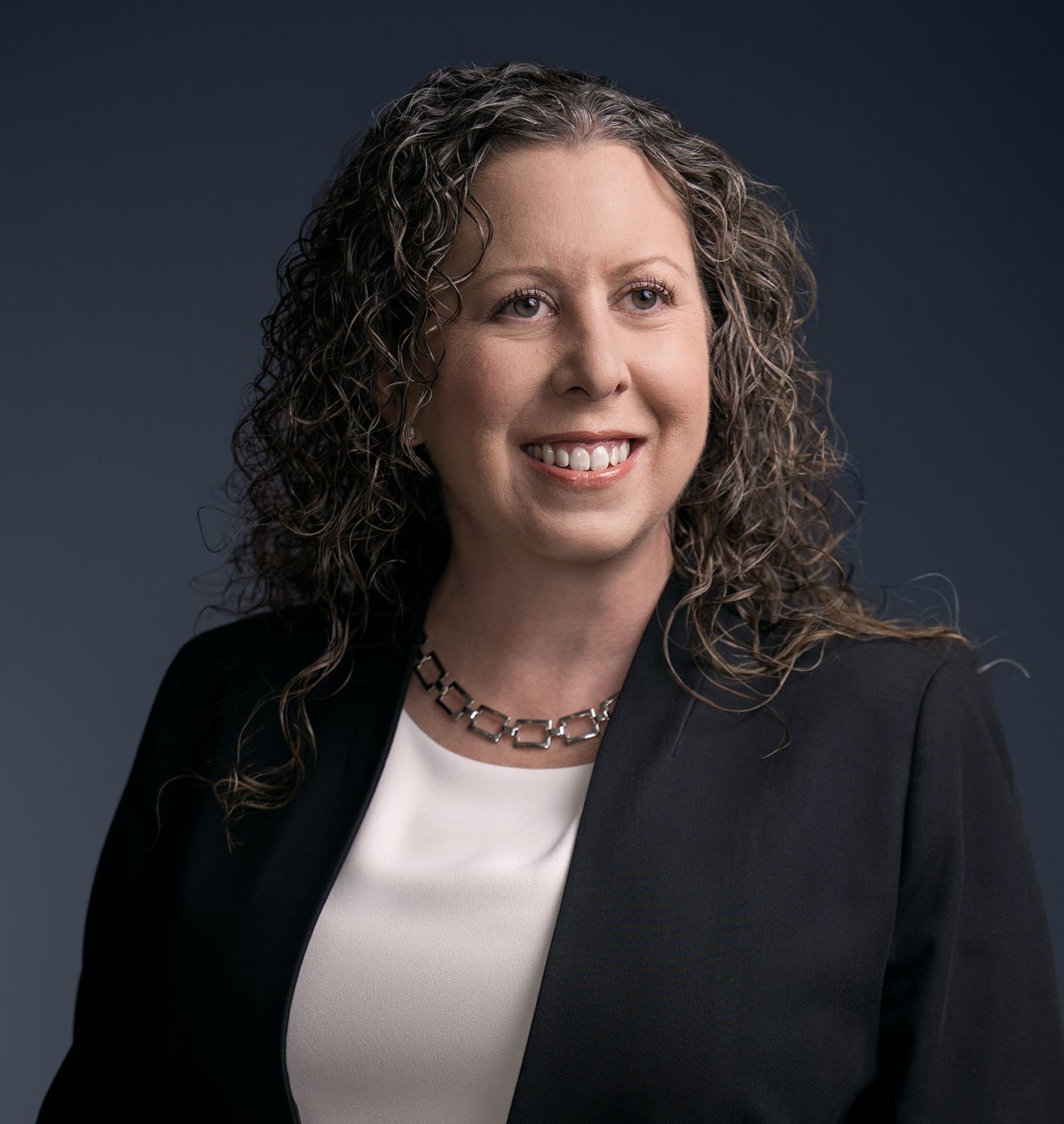Georgia Enacts Commercial Finance Disclosure Law, Extending Legislative Trend
Georgia has become the fifth US state to enact small business financing disclosure requirements since California started the trend in 2018. Georgia Senate Bill 90 [pdf] was signed by Governor Brian Kemp on May 1, 2023, and takes effect January 1, 2024.
The new law amends Georgia’s Fair Business Practices Act to require providers of closed-end and open-end commercial loans, as well as accounts receivable purchase transactions, of $500,000 or less to provide applicants prescribed disclosures before a transaction is consummated. Interestingly, the law also provides that the parties’ characterization of a transaction as a purchase of accounts receivable or payment intangibles is conclusive that the transaction is not a loan for the purposes of Georgia’s financial institutions laws. With this legislation, Georgia follows California, New York, Utah and Virginia, each of which has enacted its own commercial finance disclosure law in recent years.
Unlike Utah and Virginia, though, the new Georgia law will not require a provider of financing to obtain a license or register with the state.
New Disclosure Requirements
When the law takes effect next year, non-exempt “providers” of qualifying commercial financing transactions will have to disclose to applicants for financing the essential terms of the offer, including:
- Total funding amount
- Total funds disbursed net of fees and costs
- Total amount to be paid to the provider
- Total dollar cost of the financing
- Payment schedule
- Description of any prepayment penalties
Providers subject to the new law will be glad to learn that they will not have to calculate an annual percentage rate (APR), in contrast to the California and New York laws.
Scope of the New Law
The commercial financing “providers” that are subject to the new law are defined consistently with Utah’s Commercial Financing Registration and Disclosure Act, which was enacted in March—specifically, as a person that “consummates more than five commercial financing transactions in [Georgia] during any calendar year.” A provider also includes the platform in a bank partnership: “a person who, under a written agreement with a depository institution, offers one or more commercial financing products provided by the depository institution via an online platform that the person administers.” It is interesting that none of the commercial finance disclosure laws enacted to date after the California and New York laws closely follows the template of the California and New York laws.
What it means to “consummate” a commercial financing transaction is not defined in the law. The California and New York commercial finance disclosure laws expressly apply to persons that “solicit” or “offer” commercial financing on behalf of third parties in addition to persons that actually provide financing. In contrast, “consummate” could be read more narrowly to apply only to the act of funding a transaction and not to mere arrangement or brokering—with the caveat that bank partner platforms are also providers expressly within scope of the Georgia law. Such a definition of consummation would accord with the federal Truth in Lending Act and its implementing Regulation Z, which define consummation as “the time that a consumer becomes contractually obligated on a credit transaction.” Indeed, the Georgia law defines “brokers” separately and prohibits brokers from accepting an advance fee or engaging in false or misleading representations—but does not require brokers to provide disclosures.
Exemptions
The Georgia law exempts a variety of entities and transactions, including:
- Federally insured depository financial institutions and subsidiaries and affiliates, holding companies and service corporations thereof
- Providers regulated under the federal Farm Credit Act
- Georgia-licensed money transmitters
- Providers that consummate five or fewer transactions in any 12-month period
- Real property-secured transactions
- “True” leases
- Purchase-money obligations
- Captive finance companies
- Most auto floorplan loans
- Purchases, sales and advances of healthcare-related receivables owed to a healthcare provider because of patient’s personal injury
The exemptions for purchase-money obligations and captive finance companies generally remove equipment financing from the scope of the law, which is a significant departure from the California and New York laws.
Penalties
Violations of the Georgia law are punishable by civil penalties of $500 per violation, capped at $20,000, with additional penalties for continued violations. The law provides that the enforceability of an agreement is not impaired due to a violation of the law and there is no private right of action.
Looking Ahead
With a number of similar bills pending in other states, the new Georgia law may not be the last commercial finance disclosure law to be enacted in this legislative session. Providers (and brokers) of commercial financing should continue watching the space.







